
Cupid’s Corner
Happy Valentine’s, Galentine’s, or I-Stayed-Home-and-moped-about-tines! Whatever you did, I hope you had a good day and felt loved by those you love, including yourself! Life’s too short for self-hatred and self-pity. That I know from personal experience.
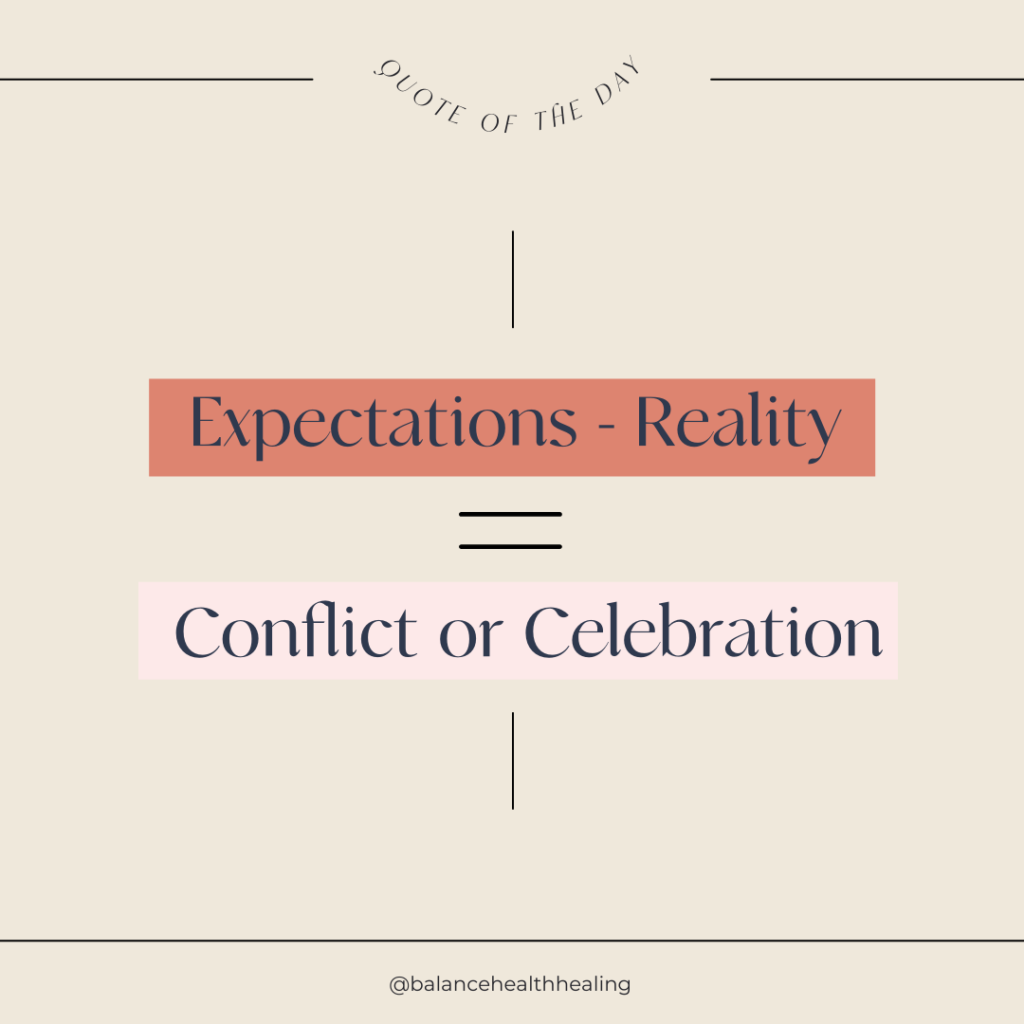 With love in the air I wanted to share some personal thoughts I’ve had on love recently. Though to be honest, they’re not my thoughts. You see, I recently got engaged and with that happy day has come lots and lots of advice. Some good, some questionable, and others just plain funny.
With love in the air I wanted to share some personal thoughts I’ve had on love recently. Though to be honest, they’re not my thoughts. You see, I recently got engaged and with that happy day has come lots and lots of advice. Some good, some questionable, and others just plain funny.
While you may have been married for years, recently divorced, or never in a romantic relationship, I hope you can see the principles in each piece of advice. While the advice may not perfectly fit your situation, the principle can probably be applied to most relationships in your life. Whether it’s your spouse, boss, neighbor, gal-pal, bro, or your dog, the key to basically every relationship is mutual appreciation and good communication. I hope you’ll find something useful in the advice I’ve been given.
E-R = C
I’m going to start with some math here, but don’t worry it’s pretty simple. The above equation stands for Expectations – Reality = Conflict or Celebration. The essence of this concept is that we all need to check our expectations about the other person in our relationship. If we expect the other person in a relationship to understand us perfectly, never get upset with us, or never disagree with our point of view, then we will receive a swift and harsh reality check. On the other hand, if we expect to be with someone that is flawed, unique, and ever-evolving, and remember that we are subject to all the same imperfections, we’ll find happiness in the process of growing and becoming better together.
Go to bed angry
Growing up I heard the common adage, “never go to bed angry,” meaning that if you and your spouse are upset with each other or in some sort of argument, you should work it out before you go to sleep and start another day. In concept this makes sense, why end one day and start the next one mad? But in reality, at least so I’m told, this is less realistic. In the words of a friend of mine, “there are few things a nap and a cookie won’t fix.” Turns out that a good night’s sleep, some time to reflect on the issue, and the opportunity of a fresh day can do a lot to put out the passionate fires of an argument and help us see what really matters. So many things don’t have to be an issue if we just give it some time to let the anger and other emotions fade out of the discussion. While emotions are great, it seems that most of us make foolish decisions under their influence, so just be aware, eat a cookie, and go get some rest. You can sort things out in the morning.
What you see is what you get
Now this may seem obvious, and I’m not here to insult your intelligence, but a lot of people forget this very important truth. This ties in well with point one, about expectations. Let’s talk some psychology to help explain this one. First, there are two things we need to understand: The Golem Effect and The Pygmalion Effect. These two effects are more or less the same, just describing different results from a change in behavior. “The Golem effect describes the process where superiors (such as teachers or managers) anticipate low performance from a subordinate, causing the very behavior they predict” The Pygmalion effect is just the opposite, “a superior’s raised expectations of subordinates actually improve performance.”
While your romantic relationship definitely shouldn’t have a superior and inferior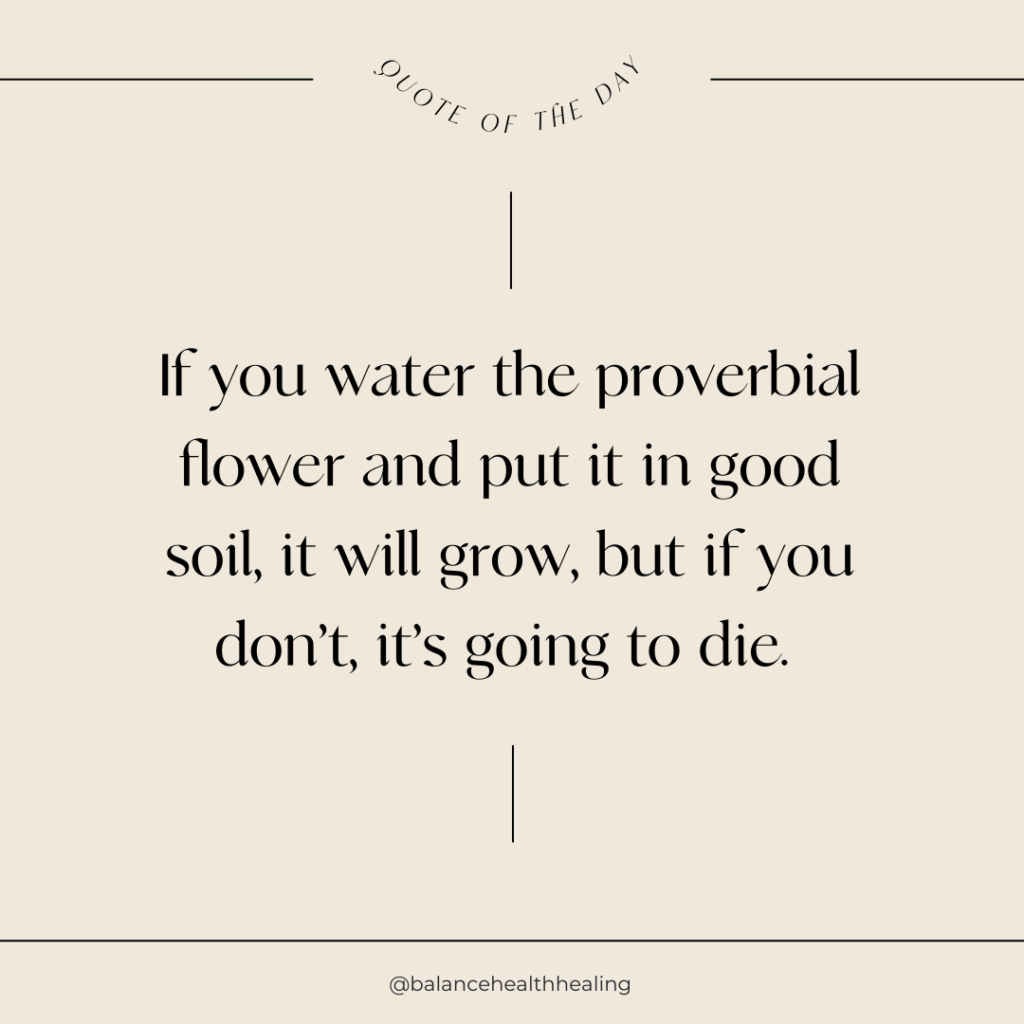 member (unless you want to be really unhappy), I think you can see how important your belief in your partner is. What you see is indeed what you will get. If you believe your person is ugly, lazy, dishonest, and a bad kisser, that’s what they’re going to become. On the other hand, if you believe they’re hard working, attractive, honest, and a fantastic kisser, then whether or not that’s the case, that’s what they will actually become. If you water the proverbial flower and put it in good soil, it will grow, but if you don’t, it’s going to die.
member (unless you want to be really unhappy), I think you can see how important your belief in your partner is. What you see is indeed what you will get. If you believe your person is ugly, lazy, dishonest, and a bad kisser, that’s what they’re going to become. On the other hand, if you believe they’re hard working, attractive, honest, and a fantastic kisser, then whether or not that’s the case, that’s what they will actually become. If you water the proverbial flower and put it in good soil, it will grow, but if you don’t, it’s going to die.
Now there may seem to be a slight disconnect between this last point and the first point I made. I can hear you now, “but Jackson I thought you said that having high expectations was bad.” That’s not what this advice is about. It’s true, if you expect perfection and shun reality, you’re going to be unhappy. What this last point is saying is if you believe in someone’s goodness, despite knowing that they’re not perfect, they will believe too, and that will help them achieve and become more.
In Closing
As I write this blog, I’m grateful for the opportunity to reflect on the many pieces of advice I’ve been given lately. As I hope is clear, I’m no expert on relationships. I’m just sharing things that have been shared with me and that I see some worth in. I’m sure my soon-to-be wife and I will have our rocky times, just as all couples do, but I trust that as we employ some of the great advice we’ve been given, communicate, and love each other, everything will work out. I hope you too can find some worth in the advice as you consider your most important relationships.
References
https://www.brescia.edu/2017/12/golem-effect-vs-pygmalion-effect/
https://www.brescia.edu/2017/12/golem-effect-vs-pygmalion-effect/



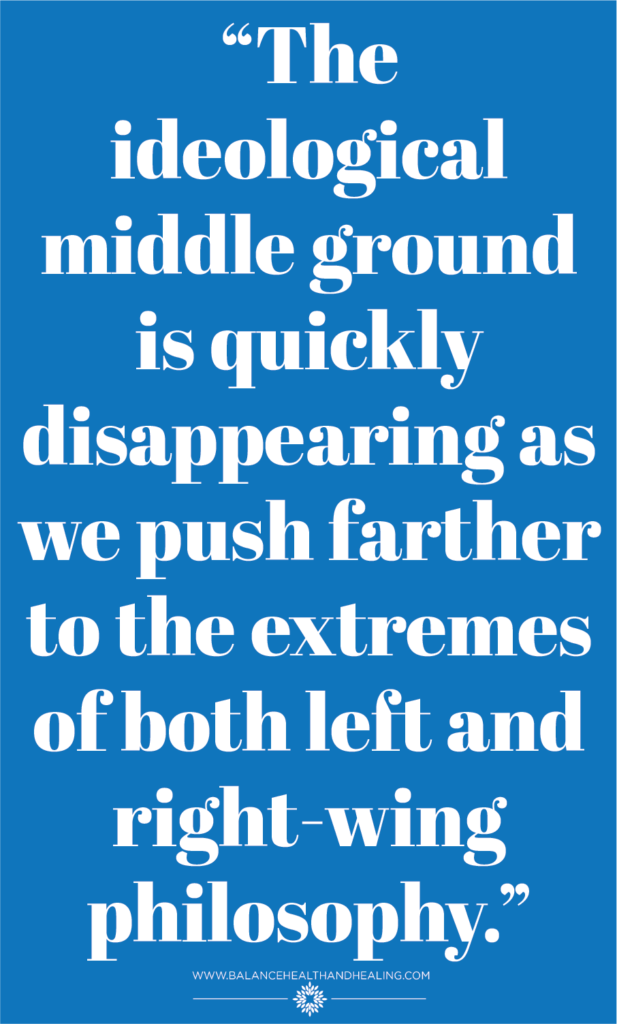 What I found in my research, and what is truly worrisome, is that social media is having an effect on political polarization, and it’s not a good one. The ideological middle ground is quickly disappearing as we push farther to the extremes of both left and right-wing philosophy.
What I found in my research, and what is truly worrisome, is that social media is having an effect on political polarization, and it’s not a good one. The ideological middle ground is quickly disappearing as we push farther to the extremes of both left and right-wing philosophy.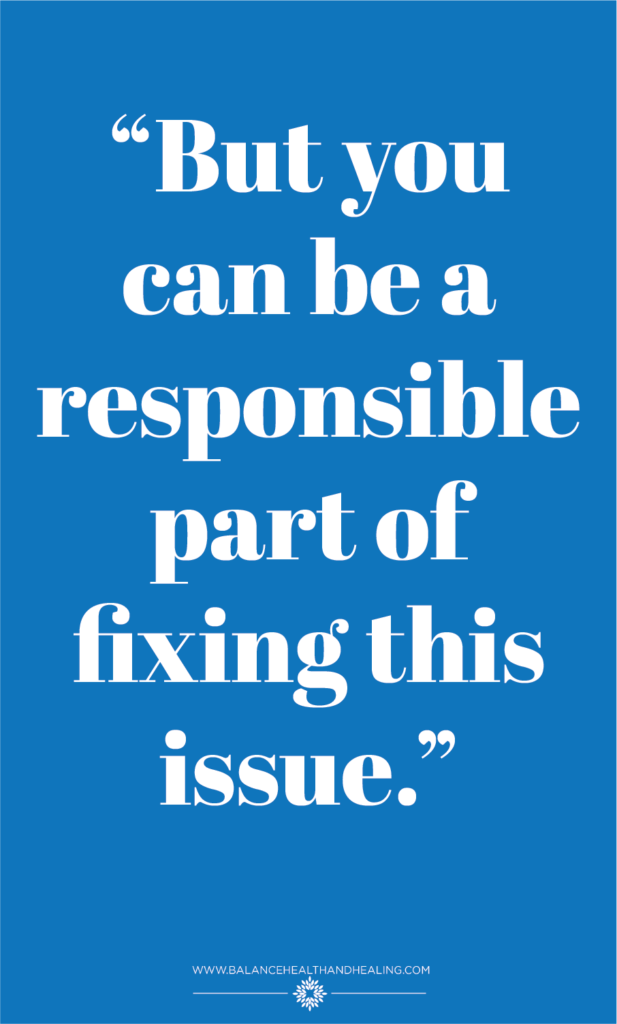 to politics and social media you’ve probably heard this term. Echo chambers are “environment[s] in which somebody encounters only opinions and beliefs similar to their own and does not have to consider alternatives” (Oxford Learner Dictionary). Social media is built to create echo chambers. The algorithms are designed to suggest content that it thinks you’d like, so the more involved you are with one side of the political spectrum, the more your suggestions will reflect that side. It’s easy to see how only seeing one side of an argument would make an individual sympathetic to that side, and unable to see or understand the other side of the argument.
to politics and social media you’ve probably heard this term. Echo chambers are “environment[s] in which somebody encounters only opinions and beliefs similar to their own and does not have to consider alternatives” (Oxford Learner Dictionary). Social media is built to create echo chambers. The algorithms are designed to suggest content that it thinks you’d like, so the more involved you are with one side of the political spectrum, the more your suggestions will reflect that side. It’s easy to see how only seeing one side of an argument would make an individual sympathetic to that side, and unable to see or understand the other side of the argument. 

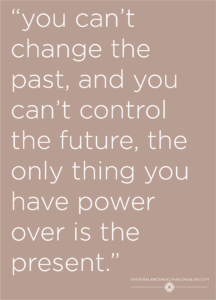 can’t control the future, the only thing you have power over is the present.
can’t control the future, the only thing you have power over is the present.